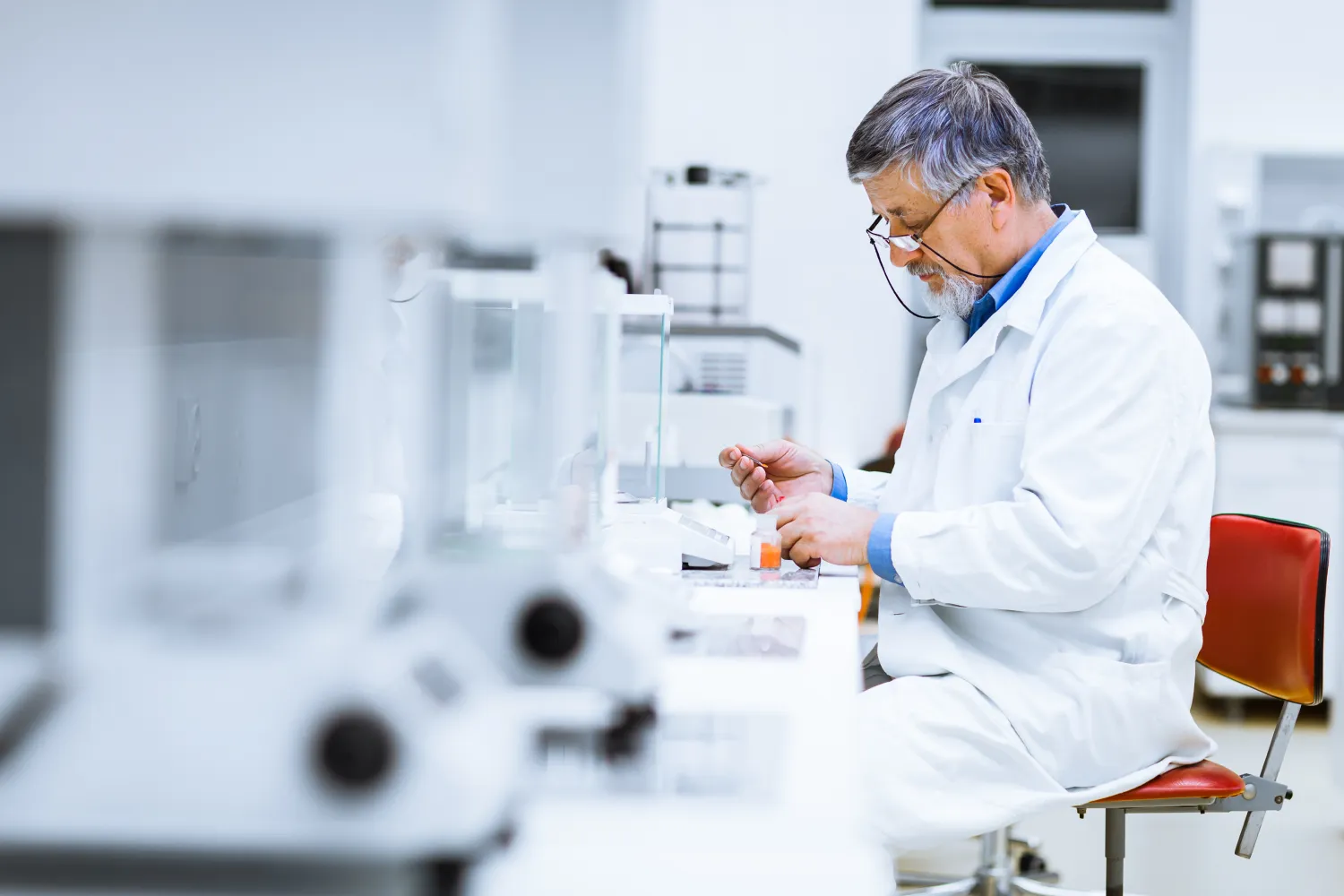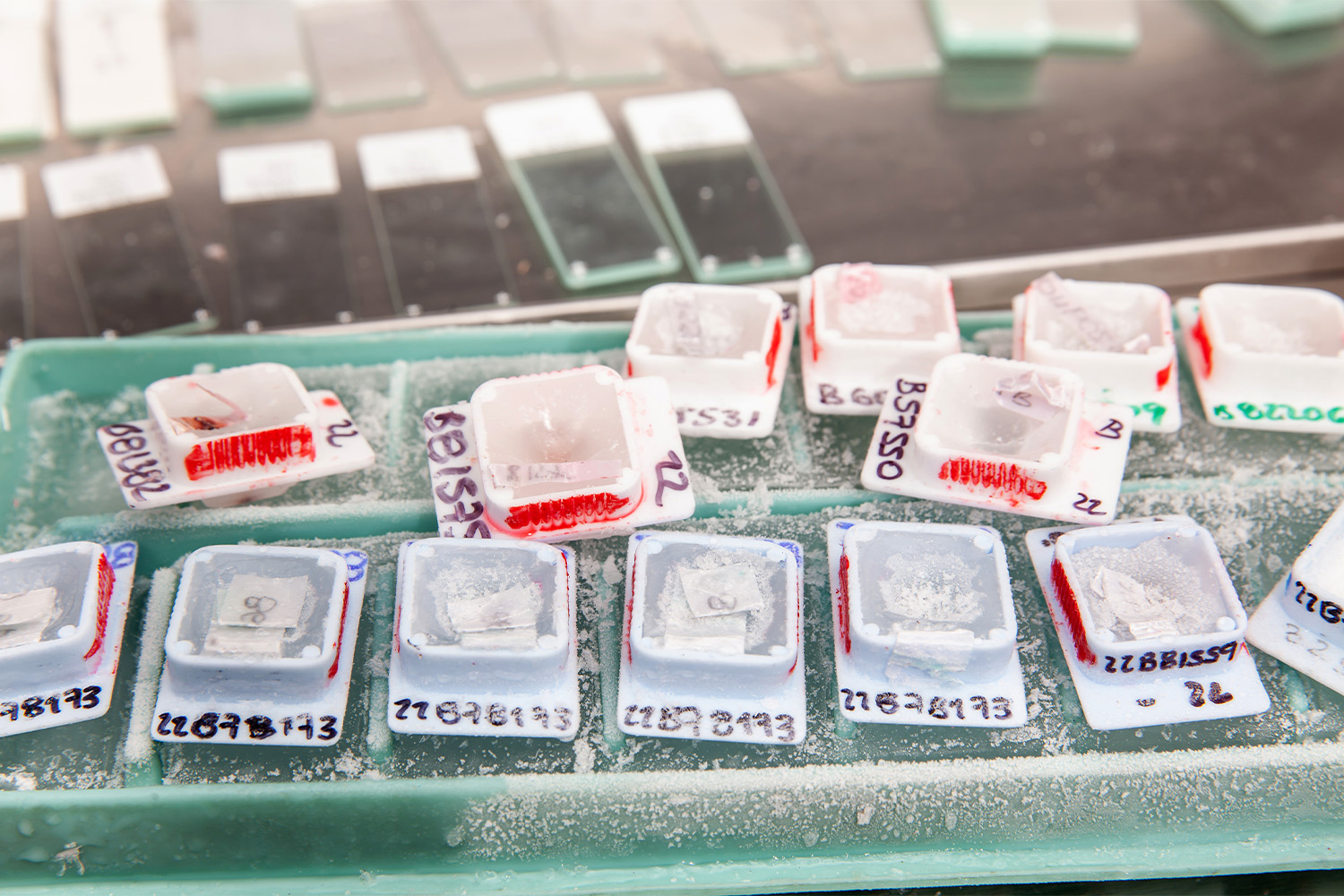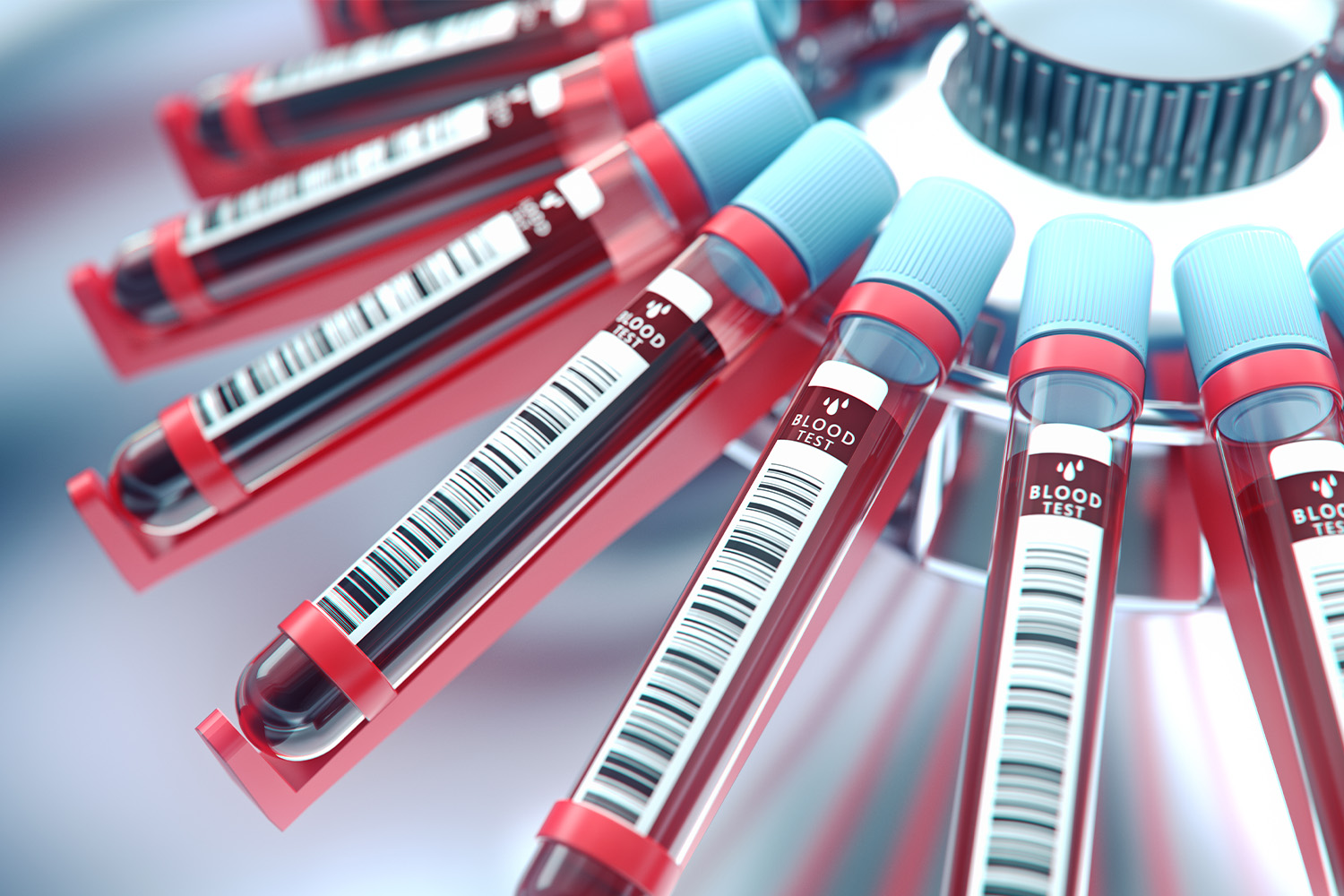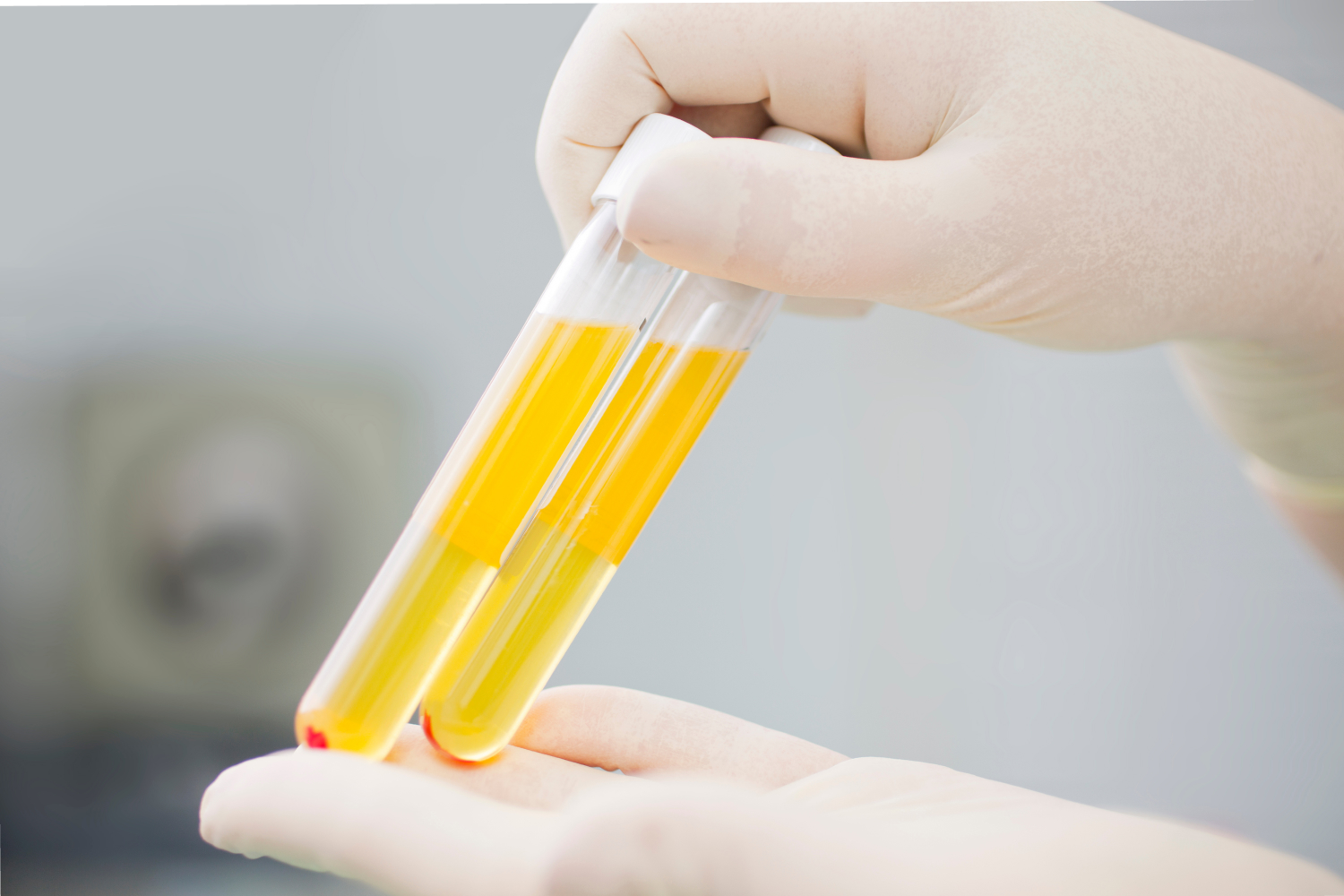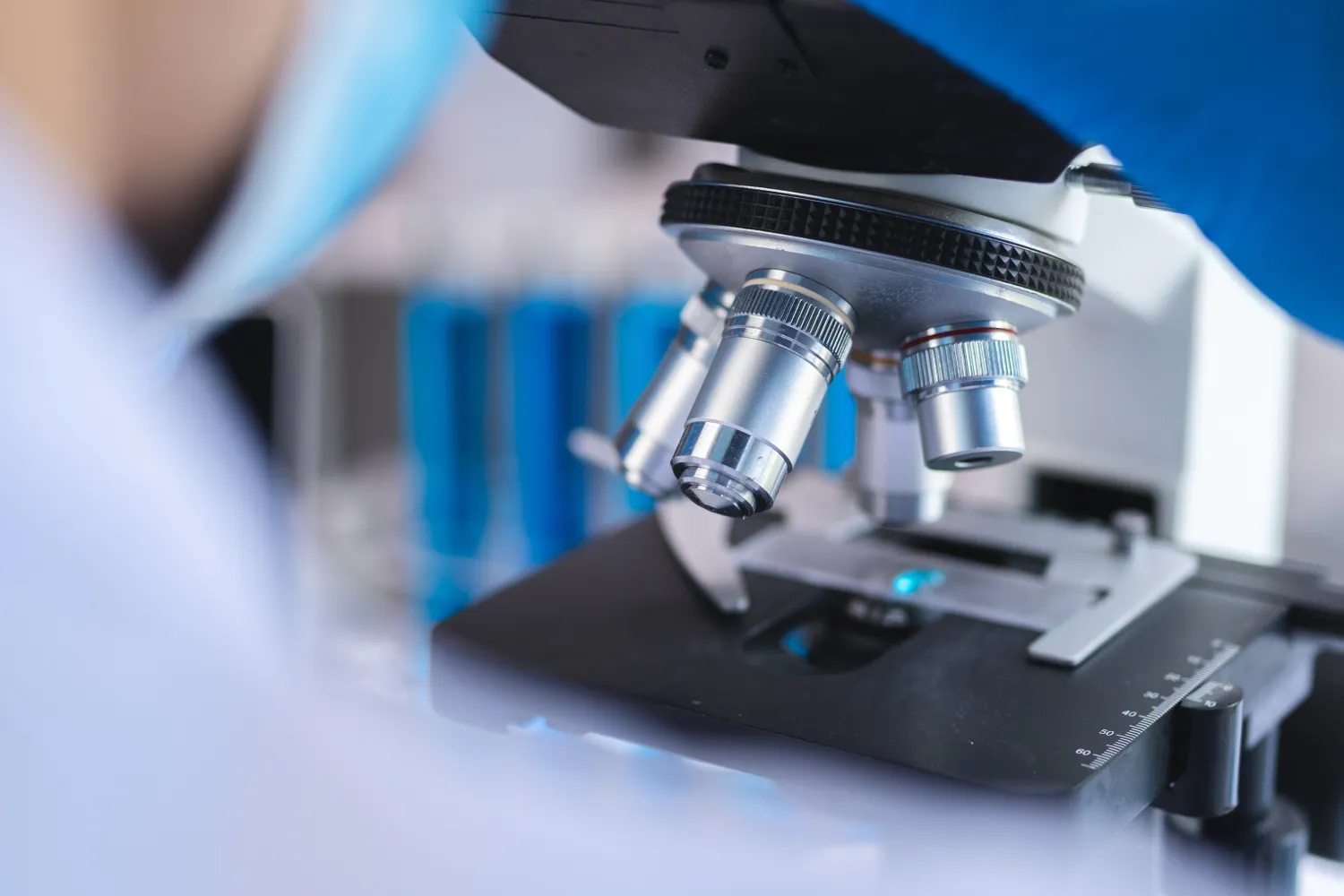Biospecimen companies are key players in advancing medical research and drug development. These companies specialize in procuring, analyzing, and distributing human biological samples, such as tissue, blood, and other body fluids. Scientists and researchers can partner with these companies to study various diseases and develop novel therapies.
Notable companies in the biospecimen industry offer high-quality biospecimens and biomarker services from a wide range of sources. By providing access to well-characterized samples and reliable services, biospecimen companies help accelerate the research process. In turn, scientists can make groundbreaking discoveries in diagnostics, therapeutics, and personalized medicine.
What Are the Basics of the Biospecimen Industry?
As the demand for human specimens in life science research continues to grow, a global network of biospecimen sample providers has been established. These providers are responsible for delivering quality biospecimens from various sources, including diagnostic remnants, banked collections, and prospective collections.
The industry’s ability to connect researchers with a diverse range of providers can help drive innovation and accelerate the development of new therapies and diagnostic tools.
| Type of Specimens | Description |
| Diagnostic Remnant | Specimens left over from diagnostic procedures, such as pathology tests |
| Banked Collections | Specimens that have been collected and stored for future use |
| Prospective Collections | Specimens collected and provided based on specific project requirements |
One of the key challenges faced by the industry is maintaining the quality and integrity of biospecimens. From collection to storage and distribution, every step in the process can greatly impact sample quality. Many biospecimen companies are investing in advanced technologies, such as next-generation sequencing and imaging techniques, to address these challenges. These investments help ensure that researchers receive high-quality samples that produce reliable and reproducible results.
The global biobanks market, which stores and manages biospecimens, was valued at $71.4 billion in 2023 and is expected to expand at a compound annual growth rate (CAGR) of 8.6% from 2023 to 2030. The industry’s growth reflects the rising demand for biospecimens, as well as the industry’s commitment to innovating and expanding its offerings.
What Is iProcess?
The biospecimen industry comprises a diverse mix of key players that cater to various segments of the industry. Both large and small organizations, as well as digital platforms, have helped meet the demand for human biospecimens. One company, iProcess, has become a key player in supporting the success of pharmaceutical, biotechnology, and diagnostics industries.
Established in 2004, iProcess Global Research initially focused on providing a clinical trial management solution that connected sponsors across the United States, Canada, and Europe with top research sites and investigators globally. Over time, the company has expanded its scope to include procuring and providing high-quality biospecimens and disease specimens, working with major pharmaceutical, diagnostic, and research organizations to support cutting-edge research.
iProcess offers an extensive range of biospecimens and disease specimens, covering various disease types such as:
- Cancer
- Malaria
- Dengue
- Chikungunya
- HIV
- Tuberculosis
- Hepatitis
- Cardiovascular conditions
The company also provides a diverse selection of biospecimens, including swabs, urine, stool, saliva, TMAs, glass specimen slides, blood, and serum. To ensure the highest quality of samples, iProcess collaborates with CAP-certified laboratories for quality checks that meet client requirements.
With a dedicated staff in Dallas, TX, and Bangalore, India, iProcess has built a strong reputation as a leading clinical research and biospecimen provider. The company’s global network of over 1,000 sites and its commitment to excellence in customer service has contributed to its continued growth and success. As the biospecimen market evolves, iProcess and other key players will remain vital in advancing medical research and driving innovation in the healthcare industry.
How Do Biospecimen Companies Operate?
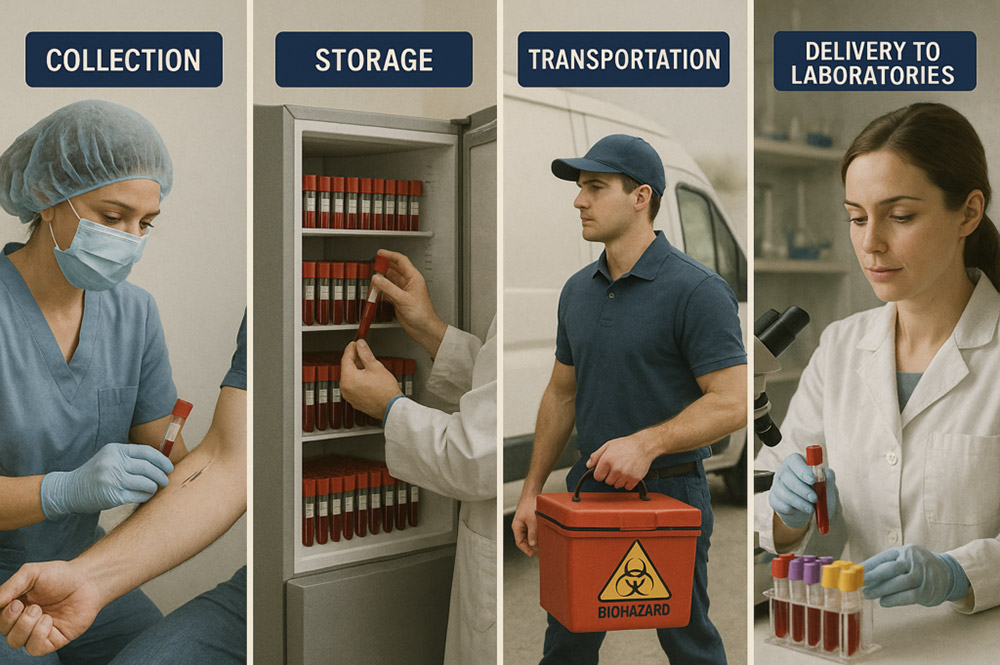
Biospecimen companies have become instrumental in driving medical research, as they often offer a wide range of high-quality samples to researchers across the globe. To fully grasp their impact on the healthcare industry, we can explore the inner workings of these companies.
These companies may specialize in collecting and storing biospecimens, distributing them to researchers and institutions, and addressing the ethical and legal aspects involved in these processes. In addition, ensuring the quality and integrity of samples throughout the entire process is equally important.
Collection and Storage of Biospecimens
When operating, biospecimen companies collect and store human biospecimens to ensure the highest possible quality and integrity for researchers. The process involves the implementation of strict protocols to maintain the samples’ viability and minimize contamination risks.
Biospecimen companies are committed to adhering to ethical and legal standards when handling human tissues, cells, and fluids. This includes obtaining informed consent from donors, ensuring privacy and confidentiality, and complying with national and international regulations, such as the Health Insurance Portability and Accountability Act (HIPAA) in the United States.
Biospecimen companies prioritize the quality and integrity of the specimens they acquire. This involves using standardized methodologies for sample collection, processing, storage, and management. Proper documentation of the biospecimens’ origin, clinical history, and storage conditions are also critical to ensure accurate and meaningful research outcomes.
Distribution to Researchers and Institutions
Once the biospecimens are securely stored, biospecimen companies work to distribute them to researchers and institutions that require them for scientific studies. This process involves matching the samples with specific research needs and ensuring proper handling and transport.
Biospecimen companies may have databases and networking platforms to efficiently match researchers’ needs with the appropriate samples. Some platforms allow scientists to search for and access the specimens they require, streamlining the process and increasing research efficiency.
Once matched, biospecimen companies ensure that the samples are prepared and shipped under controlled conditions to maintain their quality and integrity. This involves using validated packaging methods and temperature-controlled shipping solutions to prevent sample degradation and contamination during transit.
What Are the Benefits of Partnering With Biospecimen Companies?
Partnering with biospecimen companies offers numerous benefits that can greatly impact the success of research and development efforts. The following highlights some major advantages of working with these specialized organizations.
Accelerating Research and Development
Biospecimen companies enable researchers to quickly access well-characterized and fit-for-purpose specimen sets, which can significantly speed up the drug development process. This eliminates the need for researchers to spend valuable time and resources on procuring samples themselves, and it allows them to focus on their research goals instead.
Facilitating Collaboration Between Researchers and Institutions
By providing a common platform for researchers and institutions to access and exchange biospecimens, biospecimen companies promote collaboration and knowledge-sharing among various parties involved in research. This can lead to new insights, innovative approaches, and more effective therapies.
Ensuring Access to a Diverse Range of Samples
Biospecimen companies offer comprehensive collections of samples from diverse sources, such as diseased patients and healthy donors. Access to this wide range of samples ensures that researchers have the resources they need, no matter how specific or diverse their requirements may be.
Reducing the Burden on Researchers and Healthcare Providers
By handling the complex and time-consuming tasks associated with biospecimen procurement, processing, storage, and distribution, biospecimen companies help lift the burden off researchers and healthcare providers alike. This allows researchers to focus on their core objectives while healthcare providers can dedicate their resources to patient care rather than managing biospecimen logistics.
What Are Some Emerging Trends in the Biospecimen Industry?
In recent years, the biospecimen industry has evolved to address the increased demand for high-quality biological samples in medical research.
There are various emerging trends in the biospecimen industry, with many of them focused on advancements in preservation technology, increased demand for personalized medicine, and the ethical and regulatory challenges faced by biospecimen companies.
Advancements in Biospecimen Preservation Technology
Pioneering technologies and novel methods have been developed to enhance the preservation and storage of biospecimens. This includes innovations in cryopreservation, which aim to minimize the negative effects of storage, such as degradation and loss of molecular integrity.
In addition, the use of advanced cryogenic storage systems and automated processes has improved the overall management and retrieval of biospecimens. These technological advancements are expected to contribute to the quality and accessibility of biological samples for researchers and institutions, ultimately supporting groundbreaking research.
Increasing Demand for Personalized Medicine and its Impact on Biospecimen Needs
As personalized medicine gains momentum, the demand for diverse and patient-specific biospecimens has grown significantly. Researchers are now looking for rare, unique, and complex samples to gain a better understanding of various diseases and their possible tailored treatments.
For example, the increased interest in complex biospecimens has led to researchers seeking samples with specific genetic or molecular characteristics. This trend is expected to drive future growth in the biospecimen industry, with companies needing to expand their collections to cater to diverse and specialized research needs.
Ethical and Regulatory Challenges
Alongside the advancements in the biospecimen industry come various ethical and regulatory challenges that companies must navigate. Ensuring the proper handling and privacy of sensitive patient information has become a critical concern, as researchers and institutions need to adhere to strict policies related to data protection, consent, and patient rights.
To address these issues, biospecimen companies must develop robust frameworks and guidelines that outline their ethical and legal responsibilities. Working closely with regulatory authorities can help streamline administrative processes and uphold high standards of quality and compliance within the industry.
Overall, the future prospects for the biospecimen industry are promising. With emerging trends such as technological advancements, increasing demand for personalized medicine, and ongoing efforts to address ethical and regulatory challenges, the biospecimen industry is poised to support cutting-edge research and healthcare developments. By continuing to evolve and adapt to the changing landscape, biospecimen companies play an essential role in unlocking new possibilities for medical research and ultimately advancing the future of health care.
iProcess: Pioneers in the Biospecimen Industry
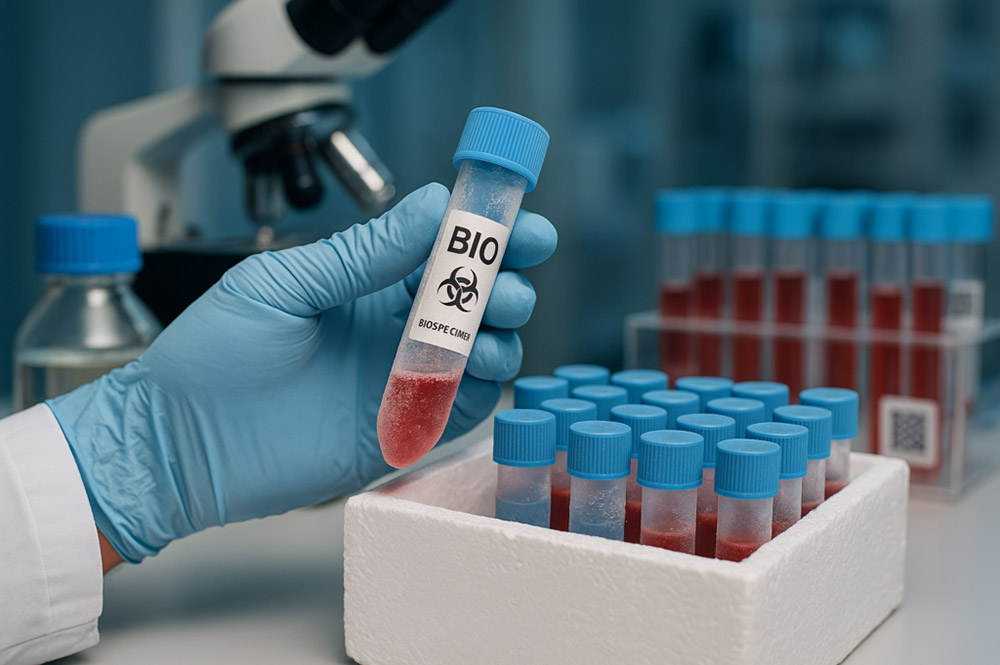
iProcess stands as a leading global provider of biospecimens, catering to organizations worldwide, including those in research, diagnostics, and pharmaceuticals. By offering top-quality biospecimen collections, iProcess enables these organizations to advance their groundbreaking research. Certified biospecimen samples from iProcess further support efficient clinical testing processes.
For additional information or to obtain a quote, do not hesitate to reach out to iProcess, your key to unlocking new possibilities in medical research.
Sources:
Global Biobanks Market Size & Share Analysis Report, 2030 | Grand View Research
Biospecimen Complexity and the Evolution of Biobanks | PubMed
Biorepositories maintain the quality of stored biospecimens by following stringent protocols for collection, processing, and storage. This typically involves using cryopreservation techniques, strict temperature control, and regular monitoring to ensure that specimens remain viable and uncontaminated, preserving their usefulness for research.
Commonly stored biospecimens include tissues, blood, plasma, serum, DNA, RNA, and cell lines. These specimens can be preserved for long periods under controlled conditions, ensuring they remain suitable for various types of research, including genetic studies, drug development, and disease modeling.
Proper biospecimen management is essential in clinical research to ensure that samples are consistently handled, stored, and processed, which minimizes variability and preserves the accuracy of research outcomes. Mismanagement of specimens can lead to compromised data and unreliable research results.
Researchers can access human biospecimens through iProcess by submitting a detailed request outlining their specific research needs and the types of specimens required. Our team will then match these requirements with our extensive global network of biorepositories, ensuring that the specimens are sourced, processed, and shipped under the highest quality standards. iProcess takes care of all logistics, from compliance with ethical standards to secure transportation, so researchers receive the specimens in optimal condition, ready for immediate use in their studies.
iProcess supports large-scale research studies by offering centralized storage and management of biospecimens from multiple sites, ensuring consistent sample quality across locations. This streamlined approach allows researchers to generate reliable data, while iProcess handles the complexities of biospecimen logistics and management.
Yes, iProcess biorepository services can often be customized to meet specific research needs. This might include tailored storage conditions, specialized processing protocols, and dedicated project management to ensure that all aspects of biospecimen handling align with the unique requirements of the research project.
